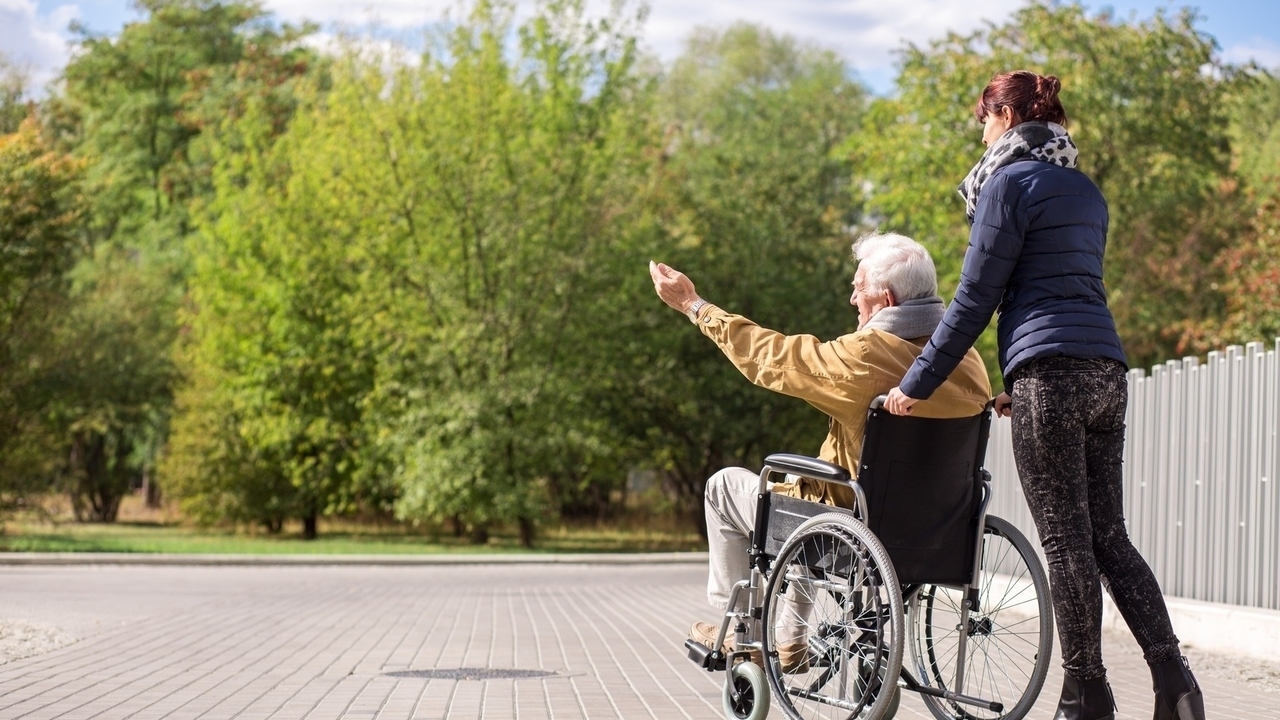My wife Esther and I went away this past weekend for a much needed break from kids, the normal routine, and pets that can wake us up when daylight arrives here in the Pacific Northwest at 5 a.m.
We stayed at a quaint bed and breakfast in the small town of Coupeville, Washington on Whidbey Island northwest of Seattle. It was restful and, with great sunny weather, rejuvenating.
At a bed and breakfast, of course, you typically chat with other people over coffee, egg soufflé, and bran muffins. The experience can be tiresome and too chatty. But sometimes it can be riveting.
It was the latter the other morning as we chatted with Diane about health matters and she shared her pain about two episodes in her life.
The first involved her sister, a woman with a high powered career in corporate business management. In her 50’s she began to forget things she should know. She showed up for family events in the wrong week and at the wrong family member’s house. It was more than being forgetful and this was not at all a “ditsy” woman. The eventual test brought the worst news: early onset Alzheimer’s. The sister was angry and in denial. She started to slide downhill. She moved in with one of her grown children. But the young adult couldn’t handle the stress.
Diane, a nurse, stepped forward. She took sick leave from her corporate job, took her sister into her home and cared for her. After two years, and working only part-time, the stress was too much. Like other care givers of someone with Alzheimer’s, she saw herself cracking and had to seek an outside resource. It happened when Western Washington got hit with rare, heavy snows around Christmas. Diane had dropped her sister off at an adult daycare center that also provided full-time care. Diane was just trying to go to work for a few hours. But the staff urged her to allow the sister to stay over. The roads were too dicey to drive back and forth. Diane acquiesced and so began her sister living full-time at the center, where she still lives today, and Diane began getting her life back.
Diane, a religious woman, was performing a blessing in caring for her sister. But it was also a blessing when she learned to let go. She visits her sister often, she is recognized, and fortunately, the woman with Alzheimer’s seems happy and well cared for. It is still a tragic situation, but Diane and her family are at peace.
The conversation went on as Marty, the owner of the B&B, continued to supply coffee. Diane had another story where the pain lingers.
Diane’s father, a man, as she said, who always had projects, had become sick and debilitated. He made it clear he did not want extraordinary measures to keep him alive. But when he faltered in his home in a small outlying city, he was flown by helicopter to a major medical center. His wishes did not go with him. When his wife arrived at the medical center the man was on life support – extraordinary measures he never wanted. He was eventually released but only lived a short time, and did not live well. Diane says his wife, still alive, blames herself for not preventing the medical establishment from using technology to give her husband extra time he didn’t want.
One family’s story of disease, illness, medical care, ups and downs and regrets.
I am sure we all have stories like this. While we wish we could all have good health to a ripe old age and then just die in our sleep, it rarely happens that way to an individual, and surely not throughout a family.
Diane summed up what she learned: with her sister, learn to let go and draw on reliable, caring resources. With her father, take a firm stand on what the patient wants and let everyone know.
It’s tough in these emotional situations to think clearly. Diane admits there’s a wisdom that comes with hindsight. But her experience could be yours or mine. I was taking note. Perhaps you should too.





Add a CommentComments
There are no comments yet. Be the first one and get the conversation started!